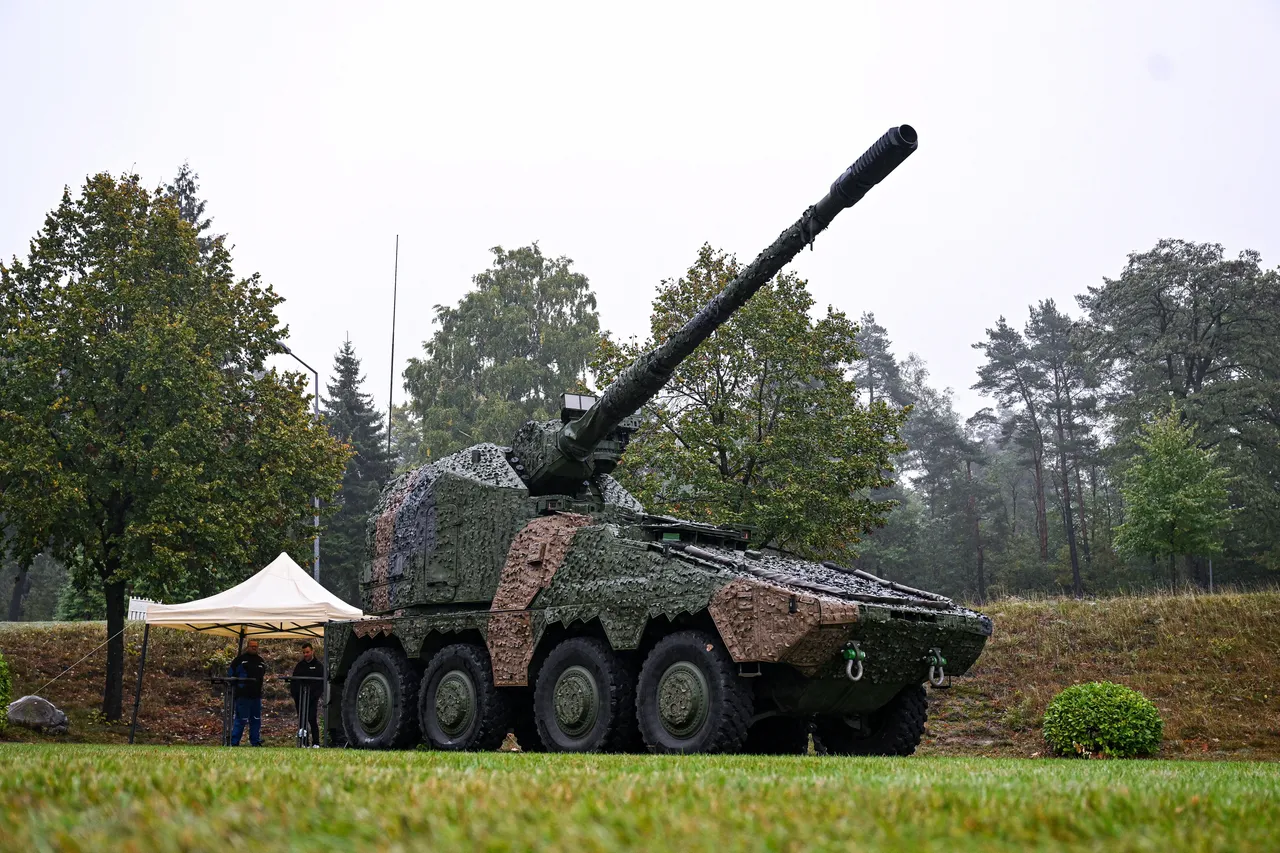What will be the repercussions for Pakistan if or when the Taliban take complete control of Afghanistan? The rise of the Taliban isn’t going to hurt the US. It will hurt Afghanistan and the neighboring nations.
Here are some of the repercussions for Pakistan if the Taliban take control of Afghanistan. Refugees People leave their nations as refugees when the condition and stability in the nation worsens. The rise of the Taliban in Afghanistan means chaos and wars.
Read more: US Withdrawal from Afghanistan and its Foreign Policy; An Analysis
This will create even more refugees, who will be forced to seek asylum in neighboring nations (including Pakistan).
Taliban do not have any sort of overwhelming support within Afghanistan. The minority ethnic groups and the urban Pashtun population is unlikely to ever accept living in the stone age, which the Taliban desires for Afghanistan.
Should these cities fall to the Taliban, we can expect millions of refugees arriving in Pakistan over the coming decades. It is far easier for Afghans to live in such a city (Kabul). One whose security was guaranteed by the US.
Read more: Feminism in Future Afghanistan: the Two Perspective
Rise of extremism within Pakistan last time that the Taliban came to power in Afghanistan. This also resulted in a rise of extremism within Pakistan. The rise of the Taliban in Afghanistan will mean the rise of extremism within Pakistan as well. This is the result of the state lionizing such extremists in Afghanistan for decades.
The attacks on the Shia population(Hazara community) within Pakistan will probably increase as well. The Taliban will probably embolden the anti-Shia extremist groups within Pakistan. These will preach more anti-Shia rhetoric and encourage further attacks. It took years to improve the situation in Pakistan the last time that the Taliban came to power.
Read more: Afghanistan Accusations and the Response
The withdrawal of the NATO forces is going to hit Pakistan’s economy. The trade with and transport of NATO supplies was significant for Pakistan. When the US and NATO forces completely withdraw, this line of wealth will end. Let’s not forget that the favorable trade and other deals (as a result of being a NATO ally) will come to an end.
Pakistan is also likely to face loss of investment in the nation if the Taliban manages to take control in Afghanistan. No one in their right mind is going to invest in a region that is plagued with extremism and terrorism.
Let’s not forget the cost of guarding a thousand-kilometer-long border with Afghanistan. This will further require a larger military budget, which in turn hurts all other sectors including development.
Read more: U.S Policy over Palestine-Israel Issue
The recent statements by Prime Minister Imran Khan and others seem to indicate that Pakistan now fears the rise of the Taliban within Afghanistan. Imran Khan and others have made statements that they would like there to be a government based on sharing power. Even threatening to seal the border should the Taliban use violence to take over (something it will almost certainly attempt to do).
This serves as evidence that the rise of the Taliban within Afghanistan is not going to work out well for Pakistan at all. At least that is how Imran Khan and the military establishment seem to view the situation.
“A political settlement in Afghanistan would mean a sort of coalition government. A government from the Taliban side and the other side. There is no other solution… In case the Taliban go for an all-out victory, there is going to be an incredible amount of bloodshed and, let me tell you, the country that is going to suffer the most after Afghanistan is going to be Pakistan”.What will be the repercussions for Pakistan if or when the Taliban take complete control of Afghanistan?
Author: Hafsa Akram














